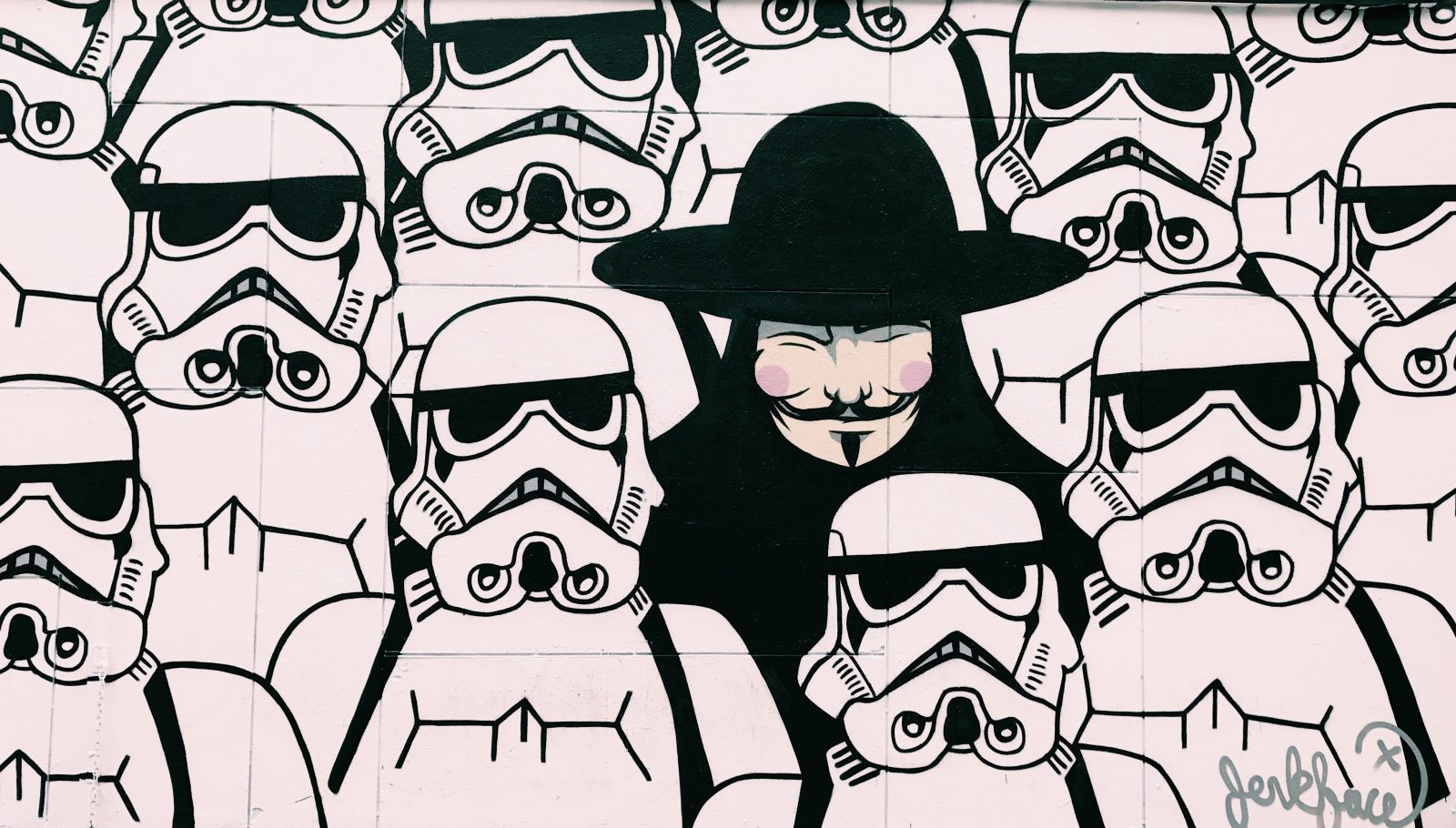The Princeton ACM / IEEE Computer Society Joint Chapter is delighted to host:Google Software Engineer Ron Minnich, presenting: "If You Trust Your Computer, You’re Crazy"
Ron Minnich is a Software Engineer at Google. He has contributed to many open source projects in the last several decades, including the Linux kernel (9p file system); the FreeBSD kernel (rfork); and Plan 9 (many different areas). He directed the team that ported Plan 9 to the Blue Gene supercomputers. He invented LinuxBIOS (now called coreboot) in 1999. He is one of the core contributors to the Harvey operating system. Ron’s most recent Linux Foundation talk was on “How to build your own signed version of ChromeOS and resign your Chromebook with your personal keys” in 2016.

